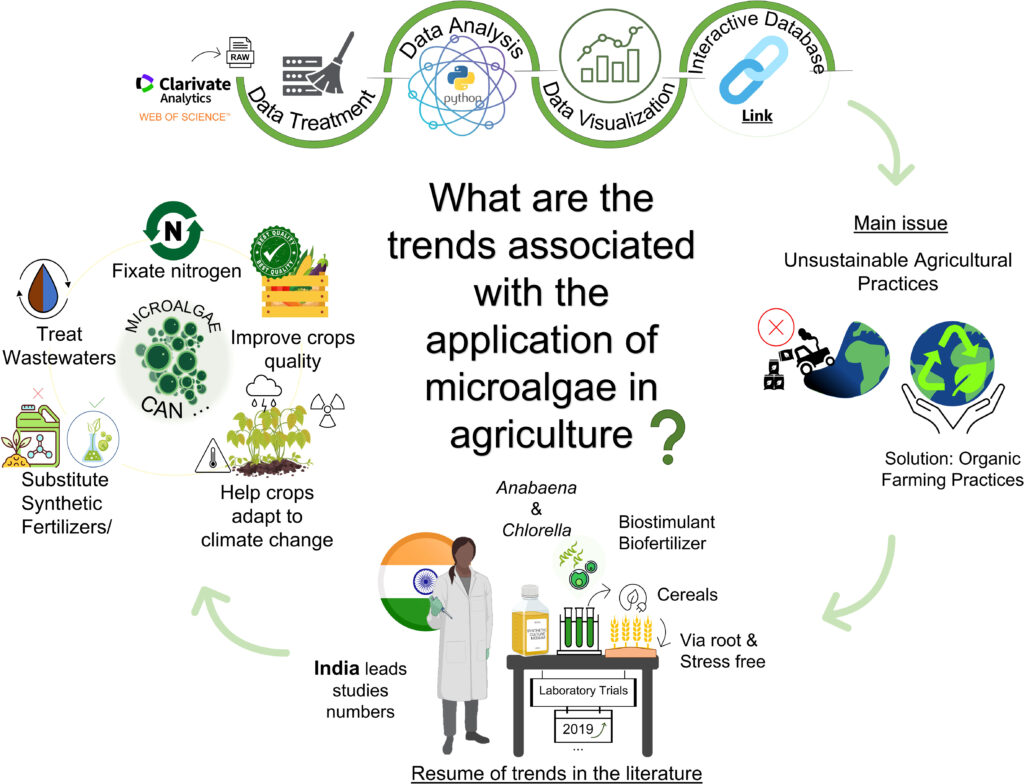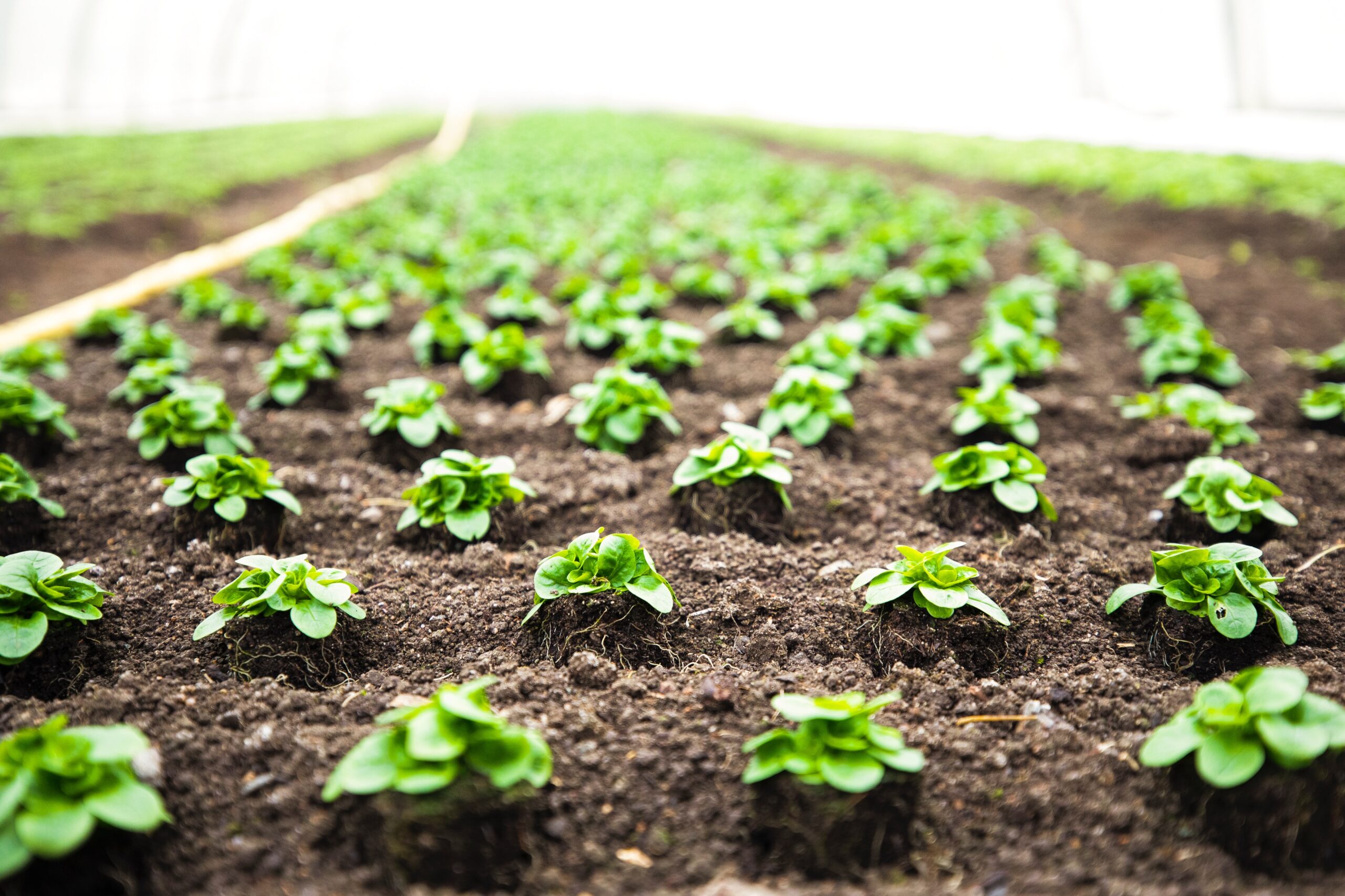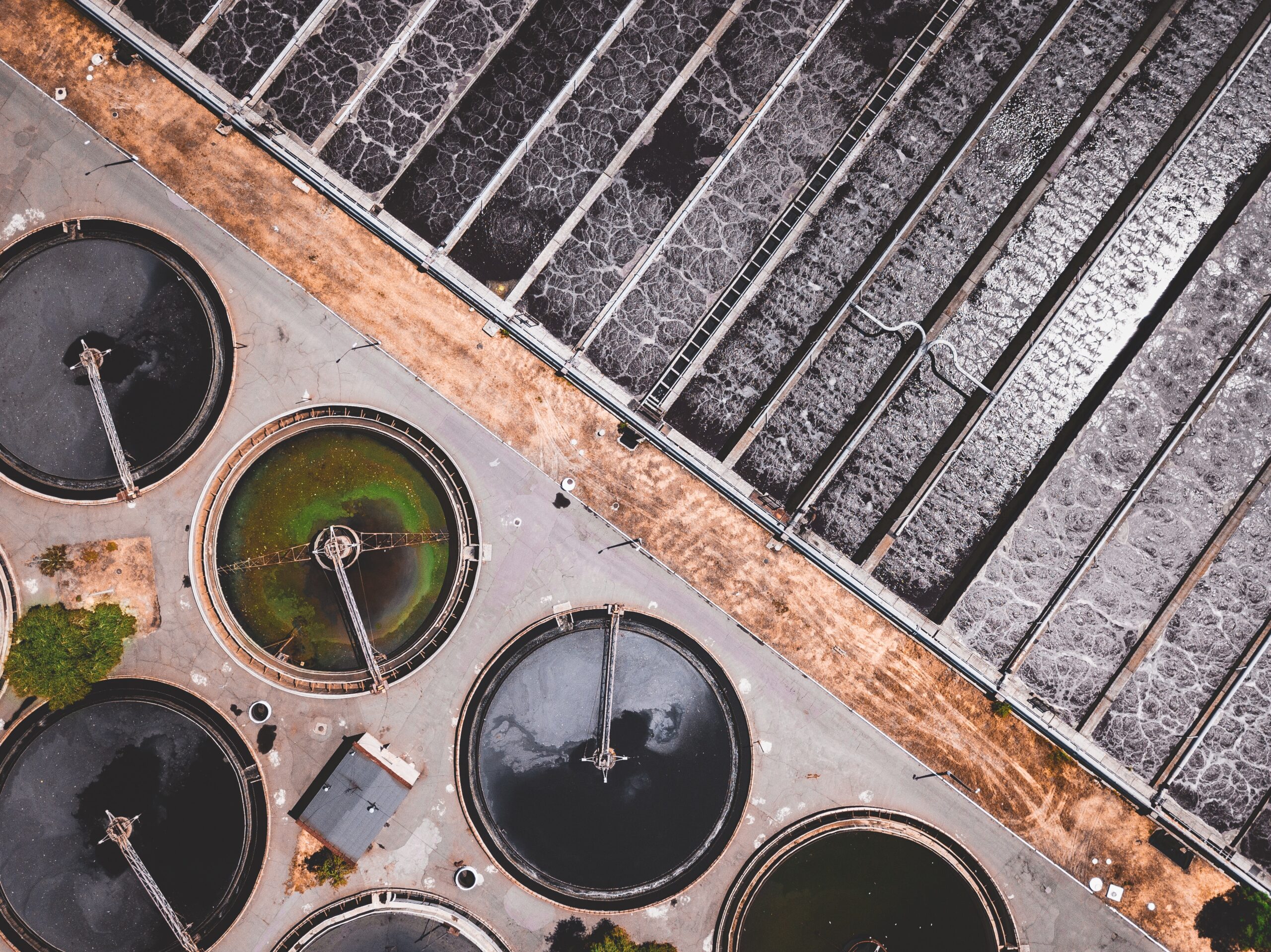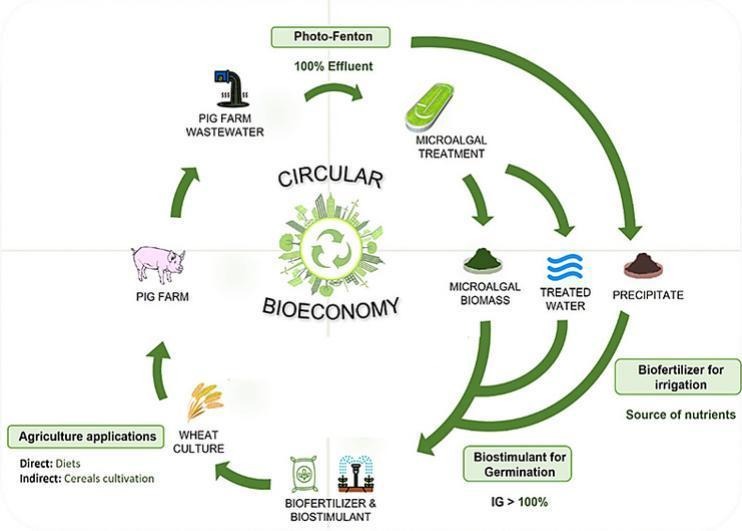
The Performalgae project recently published a paper that discusses the possibilities of microalgae as alternatives for sustainable agriculture. Due to their abundance in nutrients and bioactive metabolites, these microorganisms are gaining more and more attention from both researchers and businesses. They have drawn interest as biofertilizers, biostimulants, and biopesticides due to their capacity to improve plant nutrition, growth, and stress tolerance.
The publication provides an overview of research conducted over the past two decades, focusing on the utilization of microalgae for agricultural purposes. It highlights the significant function of microalgae in recycling nutrients from wastewater to boost plant productivity while lowering the need for traditional fertilizers and water usage. It also outlines new trends and problems. This strategy encourages more environmentally friendly agriculture methods.
Check out the full publication here and stay tuned for more updates and research advancements from the Performalgae project as we continue to explore the potential of microalgae in promoting sustainable agriculture practices.



